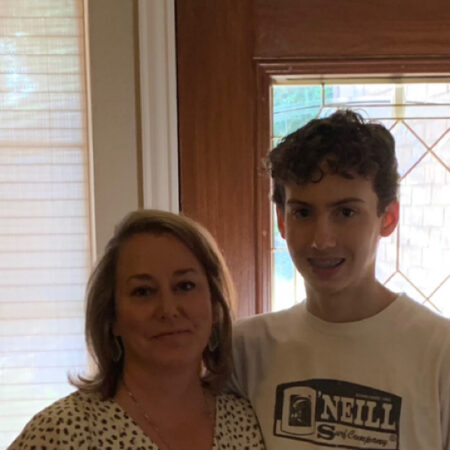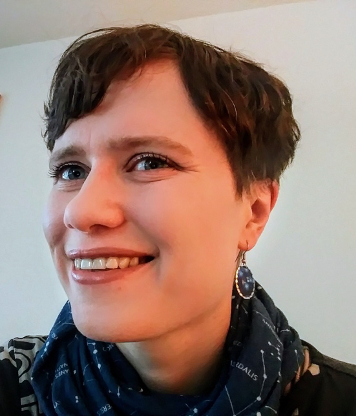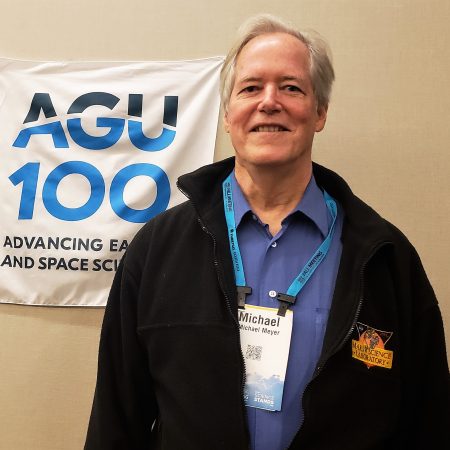Refine
Date Range Clear
Recorded by Clear
Keywords Clear
Partnerships Clear
Organizations Clear
Places Clear
Languages Clear
Initiatives Clear

Ozzie talks about his space travel dreams, becoming interested in space, and his love of his ham radio.
Dr. Claire Parkinson, senior scientist at NASA's Goddard Space Flight Center since 1978, discusses using satellite data to monitor sea ice in the Arctic and Antarctic and serving as project scientist for the NASA satellite Aqua, which makes measurements of...
Hal Maring once risked his life for a box of fog. The physical scientist at NASA Headquarters was once on a New Zealand research cruise in the Tasman Sea when the vessel hit bad weather. They took down some of...
Jack Kaye, associate director for research at NASA's Earth Science Division, discuss his origins as a chemist and earth scientist, and how he was recruited to Goddard to be a chemist among meteorologists. "My boss would advertise me as his...
Putting up tall PVC pipes with pointy sensors to measure electrical fields in an approaching lightning storm may seem reckless, but it’s all part of the job for Timothy Lang. The NASA research scientist spends a lot of time in...
Clouds are among the most unpredictable components of climate models. But Norman Loeb is working hard to sort out the shape of cloud patterns in order to improve the accuracy of long-term weather predictions. As far as understanding how all...

Weena (34) interviews her grandparents, Margaret (85) and John (88), about how they grew up and how they met at NASA.
Dr. Amber McCullum is an Applied Research Scientist for the Bay Area Environmental Research Institute (BAERI) at NASA Ames who is currently co-developing a drought tool with the Navajo Nation Department of Water Resources that includes remote sensing and ground-based...
When it comes to data archiving, Michele Thornton has you covered. As a Geospatial Data Professional for ORNL-DAAC, Michele ensures that NASA funded research is accessible not only to researchers out in the field but to a larger user community...
Jaida Elcock says she thrives in chaos. And we’re inclined to believe her. From her ridiculously entertaining TikToks on animal facts, to her work with the non-profit Minorities in Shark Sciences (oh, did we mention she’s currently pursuing her Ph.D.),...
Gael Cascioli is a planetary scientist at NASA’s Goddard Space Flight Center where he focuses on planetary geodesy — the measuring of the gravity field and shape of a planet — and is working on the upcoming VERITAS mission which,...
A family remembrance of General Brickle, from his daughter Mary and grandson James Anderson
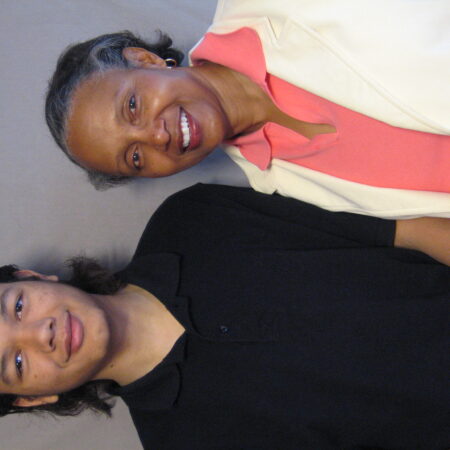
Jesselle (61) interviews her son, Erik (18), about his struggles with Asperger’s syndrome and Bipolar disorder.
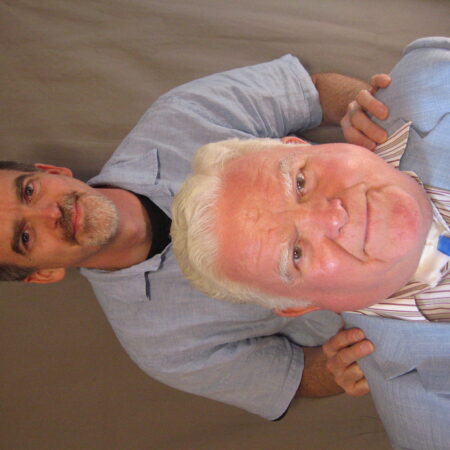
Bill talks to his son about his career in the military before he was forced to change careers. His subsequent life as a civil engineer allowed him to stay closer to his family.
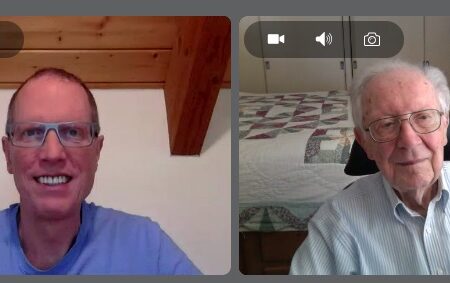
Jonathan Karpoff (63) interviews his father, Fred Karpoff (98), about his experiences with social justice efforts, anti-Communist sentiments and his hopes for the future.
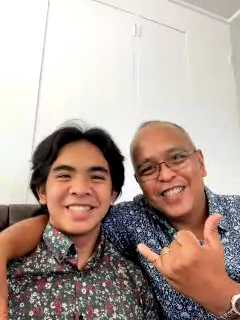
Andrew Agustin (19) sits down to have a chat with his dad, Roy-Alan Agustin (55), about his long career in the Air Force.
Dr. Rama Nemani, Senior Earth Scientist at the NASA Ames Research Center, works on ecological forecasting. In this interview, we discuss how Rama’s career trajectory moved from farming to supercomputing, NASA Earth Exchange (NEX), the difference between simulation modeling and...
How can scientists tell the story of science so that the public listens and understands? Dwayne Brown is the Senior Communication Officer for the Science Directorate at NASA and works with hundreds of scientists to communicate their ideas on television,...
Dr. Matthew Johnson's research is in atmospheric chemistry, a branch of atmospheric science, which looks at the composition and chemistry of Earth's atmosphere, such as aerosols and trace gas emissions, and how particles may impact human health. Dr. Johnson's research...
In this interview, conducted November 28 2021 in Flower Mound Texas, Sam Derow(15) talks to his mother Cristi Derow (50) about her relationships and family traditions. She discusses her close connection with her grandmother throughout her childhood. She also goes...
Dr. Egle Cekanaviciute is a Principal Investigator and Research Scientist in the Radiation Biophysics Laboratory at the NASA Ames Research Center. She is also one of the Course Directors for STAR (Spaceflight Technologies, Application and Research), an intensive training course...
Elizabeth Rampe, a mineralogist, studying Mars at the NASA Johnson Space Center, shares about her life and work. She focuses on minerals on the surface of Mars which formed from water-rock interactions, which have the potential to show billions of...
Brian Day, of NASA’s Solar System Exploration Virtual Institute, leads a group of scientists in visualization and analysis of spacecraft data. Brian was taught that there’s no water on the moon, there’s no atmosphere on the moon, and the moon...
Michael Meyer, NASA's Chief Scientist for the Mars Exploration Program, talks about his life and work in science. As a teenager working as a deckhand on a treasure diving boat in Florida, he was hired to replace some fired divers...
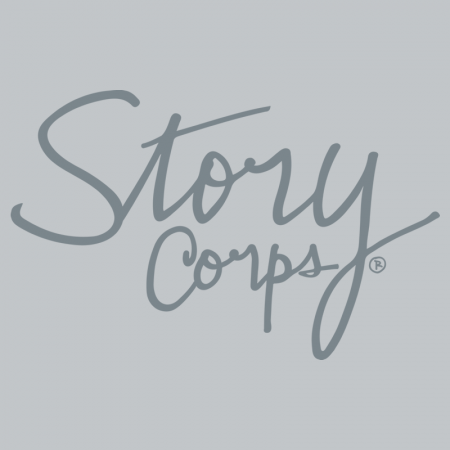

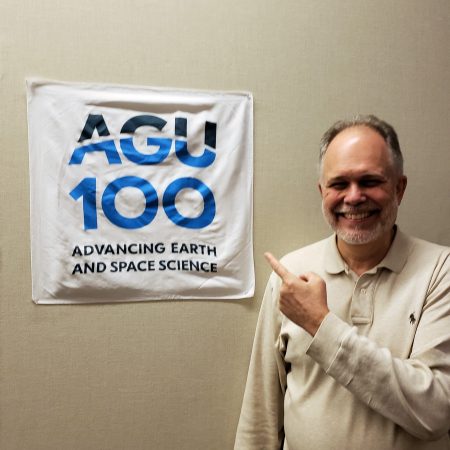



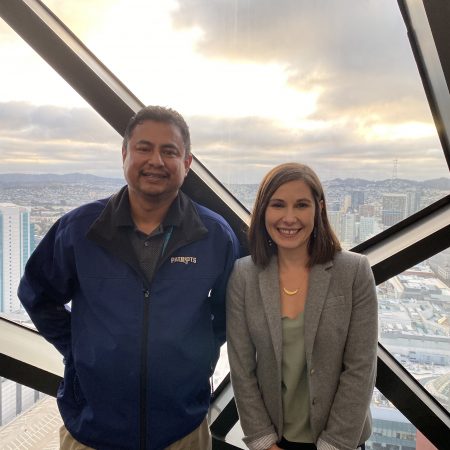
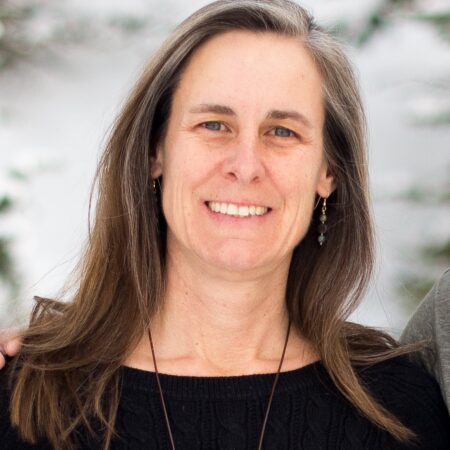
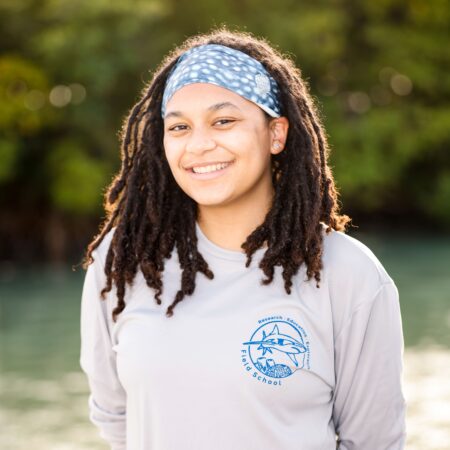

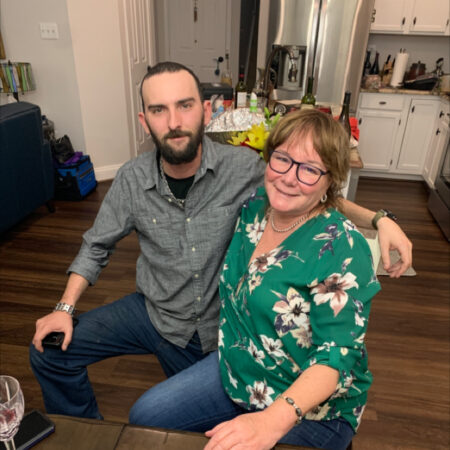
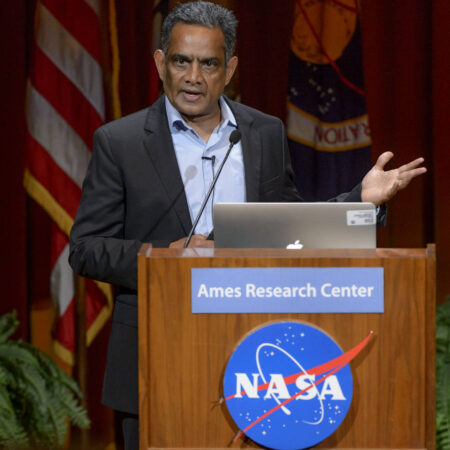
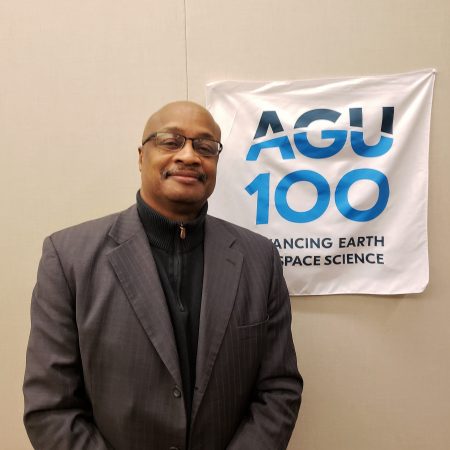
!["If you really enjoy it [science], all the work will be worth it." An interview with Matthew Johnson.](https://archive.storycorps.org/uploads/2021/02/6038002972612__M.Johnson_ceremony_pic_2020.11.11_submit_PROFILE-450x450.jpg)
